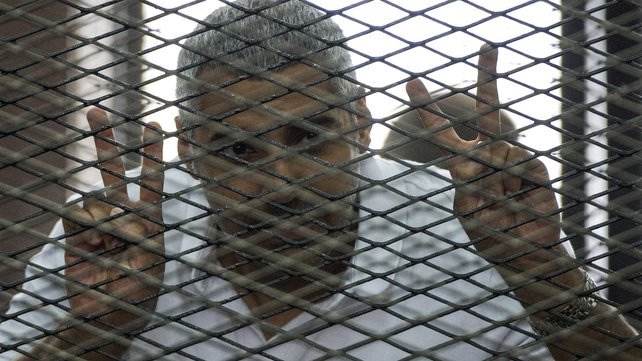Italian and Swiss researchers published a paper this week showing that as the world’s population increases and food demand grows, globalization of trade has made the food supply more sensitive to environmental and market fluctuations
The research was published online in the early edition of the journal Proceedings of the National Academy of Sciences.
The researchers found that the increasingly sensitivity leads to greater chances of food crises, particularly in nations where land and water are scarce and food security strongly relies on imports.
The study assesses the food supply of more than 140 nations (with populations greater than 1 million) and demonstrates that food security is becoming increasingly susceptible to spikes in demographic growth, with humanity placing increased pressure on the use of limited land and water resources.
“In the past few decades there has been an intensification of international food trade and an increase in the number of countries that depend on food imports,” said Paolo D’Odorico, professor of environmental sciences at the University of Virginia and one of the authors. “On average, about one-fourth of the food we eat is available to us through international trade. This globalization of food may contribute to the spread of the effects of local shocks in food production throughout the world.”
Food security, D’Odorico added, is typically defined as the availability of and access to a sufficient amount of food to meet the requirements of human societies at all places and all times.
“In order to have food security, food availability and accessibility need to be sustainable and resilient to perturbations associated with shocks in production and price spikes,” he said. “We’re finding that as the globalization of food increases, the coupled population/food system becomes more fragile and susceptible to conditions of crisis.”
Stay Connected